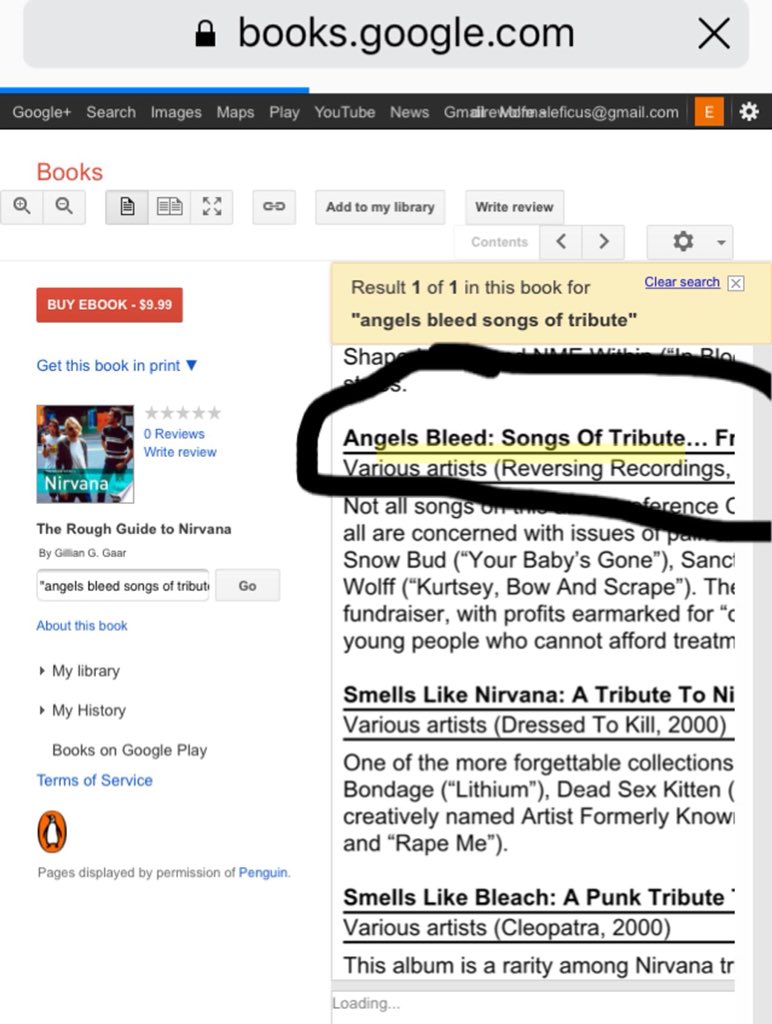(Buckle up. This is a big one.)
It's... REALLY good.
(2/x)
(3/x)
Bayers is imagining a near-future dystopia where the World Wide Web becomes a ghost town. What causes the wipeout? (...) (9/x)
There was a constant fear in the 90s that ad economics would collapse.
He is, in essence, offering a solution to the bandwidth problem that Bayers raised in 96. (14/x)
(16/x)
"You want broadband. You'll get it. You'll pay for it. You'll like it."
(17/x)
(18/x)
AdWords finally fulfilled some of those early "Webonomics" promises. It provided great consumer data and a platform to efficiently reach micro-audiences. (19/x)
The old fear that the economics of digital advertising will collapse is still present in 06. (and today as well.) 21/x
Daniel Roth on Demand Media in 2009, wired.com/2009/10/ff_dem…
and Samanth Subramanian on the Macedonian Fake News Complex in 2017.
wired.com/2017/02/veles-…
(22/x)
As Schrage argued in 1994, the economics of advertising shape the virtual realities we inhabit.
(23/x)
As with the journalism throughline, I think the first lesson is that, while these are real problems, the are not new problems. They have a long pedigree. (24)
We are forever working through tensions that date back to the early Web. "The future of media is the future of advertising."-Schrage
(27/x)
(fin)

















